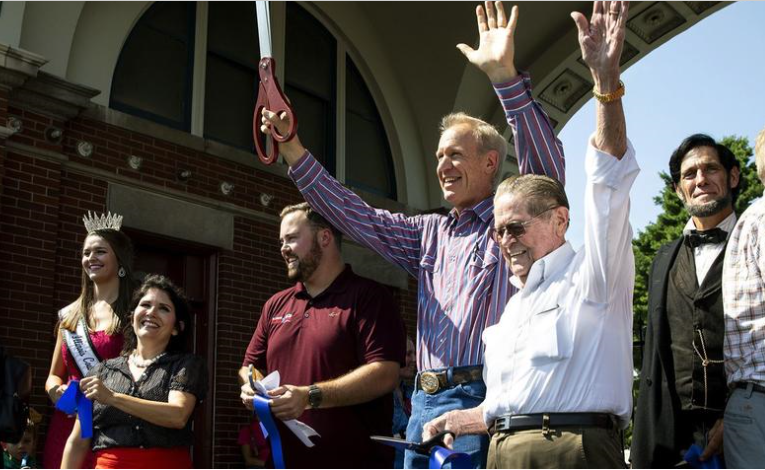As a black woman, I am well aware that inequalities exist in America. I am well aware that the rate of poverty, imprisonment and unemployment of black Americans is higher than for white Americans. I don’t need NFL players who disrespectfully kneel when our national anthem is played to inform me of all this.
Here’s a link to the editorial at FOX News.

 “For we fix our attention, not on things that are seen, but on things that are unseen. What can be seen lasts only for a time, but what cannot be seen lasts forever” (2 Corinthians 4:18 GNT).
“For we fix our attention, not on things that are seen, but on things that are unseen. What can be seen lasts only for a time, but what cannot be seen lasts forever” (2 Corinthians 4:18 GNT).
 “Listen carefully to my words. Don’t lose sight of them. Let them penetrate deep into your heart, for they bring life to those who find them, and healing to their whole body” (Proverbs 4:20-22 NLT).
“Listen carefully to my words. Don’t lose sight of them. Let them penetrate deep into your heart, for they bring life to those who find them, and healing to their whole body” (Proverbs 4:20-22 NLT).

